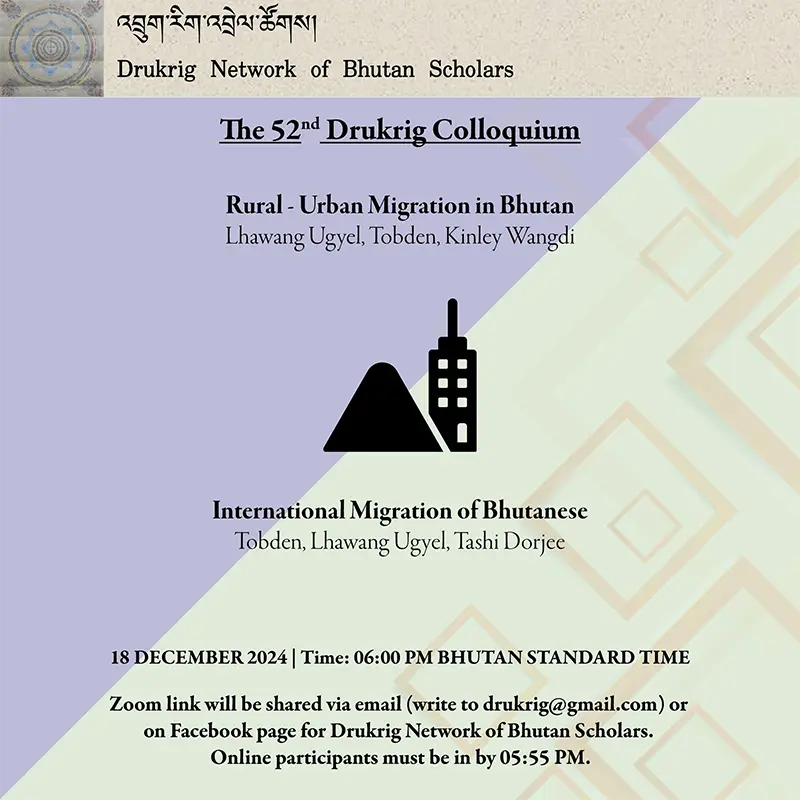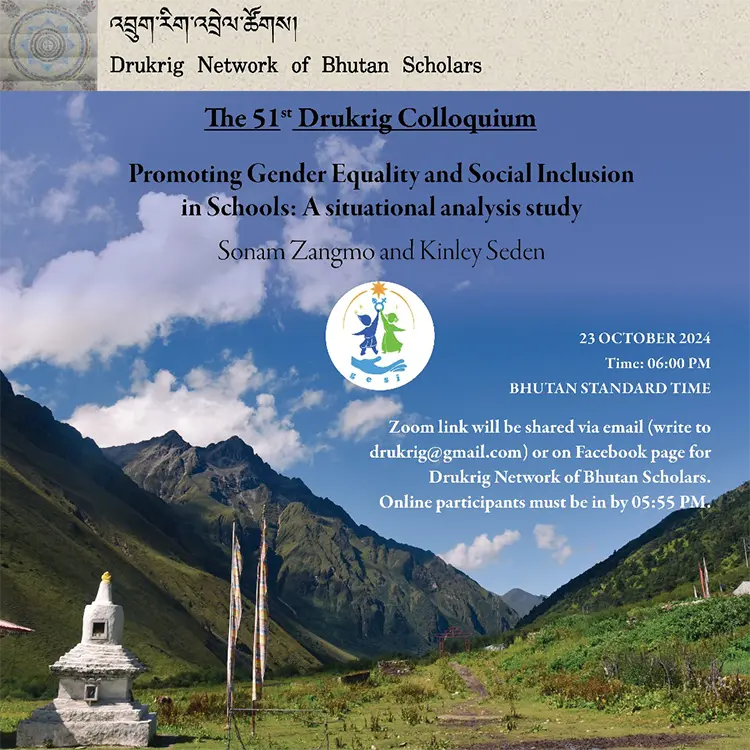Lithuanian Heritage Law and archaeological and cultural heritage in Bhutan
This session delves into the intersection of cultural preservation and legal frameworks by comparing Lithuania’s Heritage Law with Bhutan’s approach to safeguarding its archaeological and cultural heritage. The Lithuanian Heritage Law serves as a model for protecting the country’s historical, architectural, and cultural treasures, ensuring their conservation amidst development pressures. The session explores how this legislation has shaped Lithuania’s national identity and heritage conservation efforts.
For Bhutan, the focus shifts to its own legal and cultural preservation strategies, emphasizing the country’s commitment to protecting its unique cultural and archaeological assets. Bhutan’s efforts to balance modernization with the preservation of its sacred sites, monuments, and traditional arts are discussed, highlighting key policies and initiatives aimed at safeguarding these invaluable resources. The session also examines the challenges Bhutan faces in maintaining its heritage while fostering sustainable development and the role of both legal frameworks and community engagement in this process. Through this exploration, the session underscores the significance of heritage laws in preserving a nation’s cultural identity for future generations.



